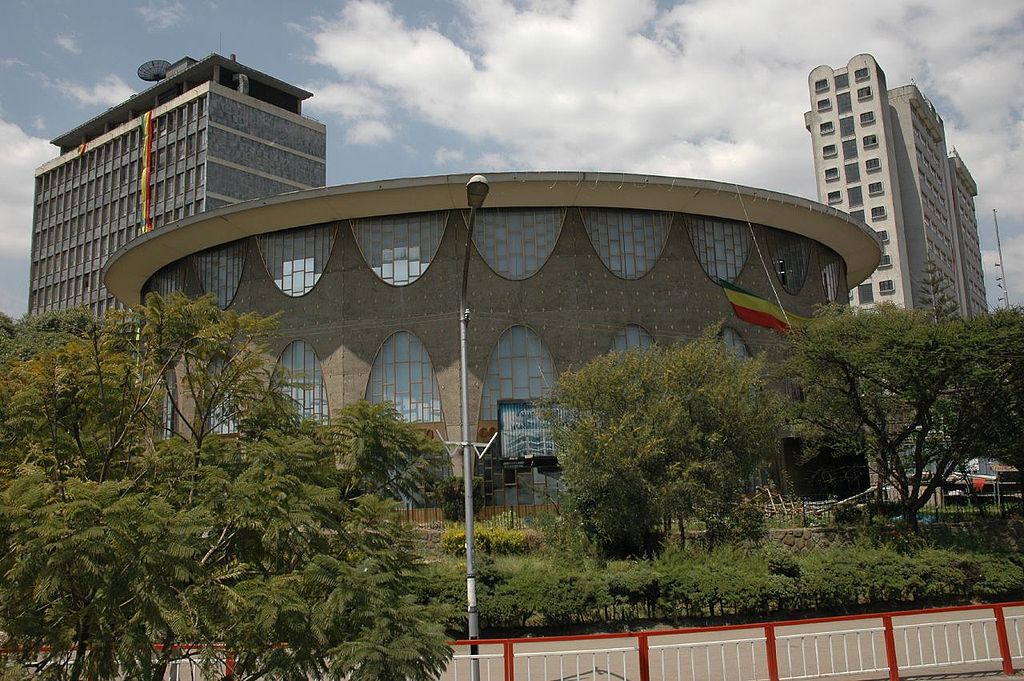
Nov 23, 2022
Bidders failed to show up during the foreclosure of Addis Cable and Wire Manufacturing and Ed Stelar Foods factories, which was up for sale for a floor price of 878.5 and 114.9 million birr, respectively.
With the tender for both factories opened on the same day, on November 17, 2022, the bid for Ed Stelar attract only one company, leaving the bankers who handle the foreclosure with no option but to cancel it. Allied Chemical, a company which is in the process of expanding its operations, is only company that showed an interest to acquire Ed Stelar.
Ed Stelar, a joint venture between Eshetu Belay and Dutch investor Hans Wasmoeth, is facing foreclosure after struggling to stay afloat for over two years. In the last 12 months, it has utilized only around 6.6 percent of the company’s production capacity.
The company was employing 200 people and producing 59,000 food items a day at its plant, which sits on 5,000 square meters of land in Sendafa, 35 km north of the capital, according to a manager of the company.
Another factory facing foreclosure is Addis Cable and Wire Manufacturing, Its managers claim the company had a potential to satisfy 33 percent of the country’s cable and wire demand. The factory sits on 27,000 square meters of land in Gelan and used to employ 1600 workers across 27 production lines, according to Tewelde Gidey, the factory’s founder.
Established four years ago with a total investment of five billion birr, it went into operation in 2021. Tewelde says that the company stayed in production only for eight months, ceasing its operation in the last three months as a result of foreign currency and input supply shortages.
The company, according to Tewelde, took out a loan of nearly 300 million birr, despite being up for foreclosure with 878 million birr. “The bank floated an estimated price, and we already paid nearly 197 million birr of the 300 million birr loan.”
However, an official in the communication department at CBE stated that it would not have foreclosed on the company if it had paid 197 million birr out of the 300 million birr borrowed.
“The bank would tolerate the company paying the rest. And if it had, how could the factory be facing foreclosure for 800 million birr? We cannot provide any further information on the matter,” the official said.
For Tewelde, he does not understand the need to foreclose or shut down factories amidst the government’s initiative to reopen previously closed factories and go into operations. “I don’t understand why the company should shut down while the government continues to reopen factories closed due to losses.”